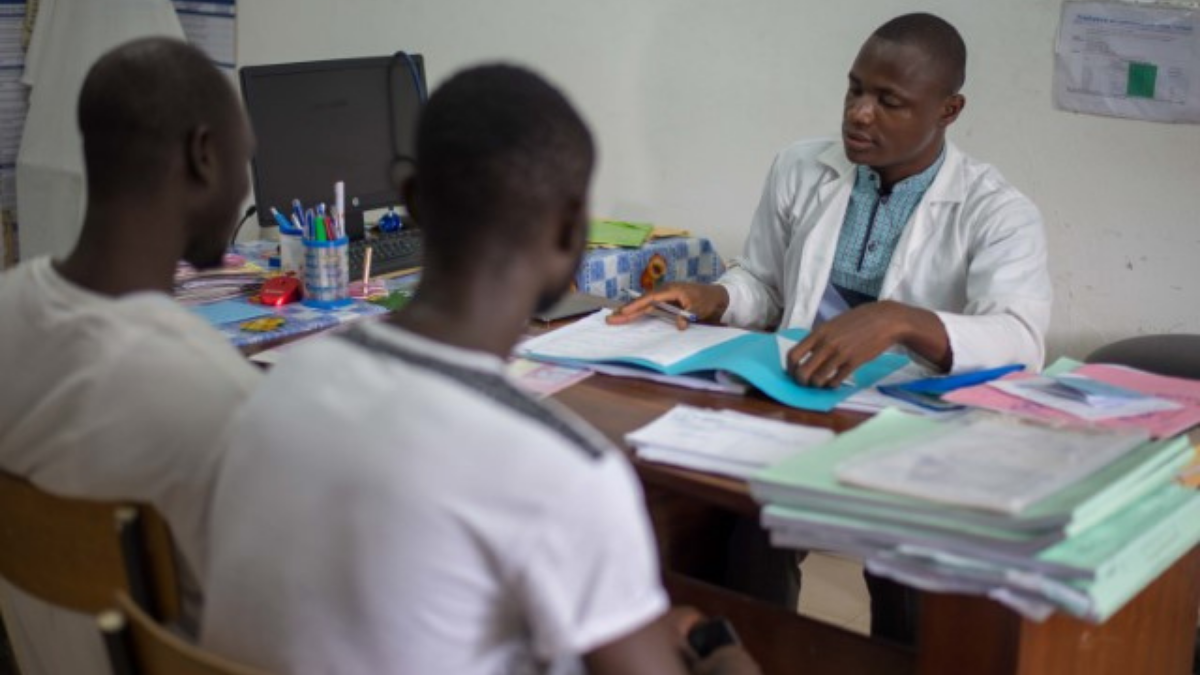
Category: Reflections


River friend: Shohin shares secrets with his friend, the river, so it can take them away forever

I am active in the daytime, and my pill is active in the nighttime: A new type of HIV prevention is now in Tajikistan

Family picture: Elena's story about living with HIV

Undetectable = untransmittable (U=U): The formula for happiness
The power of key-population-led HIV programming: Achievements of the LINKAGES project at a glance

The LINKAGES project advanced the global HIV response by understanding and addressing the diversity of needs of key populations

The LINKAGES legacy: Celebrating seven years of programmatic impact for key populations in Latin America and the Caribbean

The LINKAGES legacy: Celebrating seven years of programmatic impact for key populations in Asia

